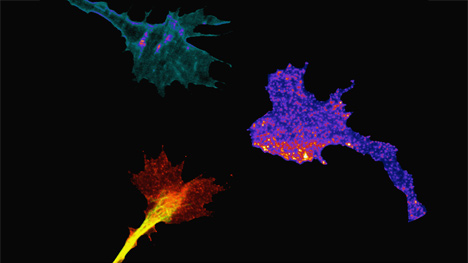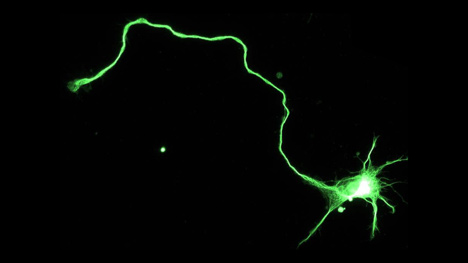A Look at Brain Cell Growth with Dr. Curtis Cripe
 |
| mayo.edu |
There's a popular belief that people are born with a definite number of neurons. It also states that the creation of new neurons is no longer possible. This belief was based on the idea and concept that motor and cognitive functions decline as people age.
Dr. Curtis Cripe of NTL Group points to several studies suggesting the contrary. Continue to follow to discover his findings.
For the past 20 years, studies conducted on the hippocampus region of the brain, the area associated with memories, emotions, and learning, have discovered a continual regeneration of new cells regardless of age or time.
Other studies using carbon-14 dating also revealed that cells in the same region might be diminishing, but they are quickly replaced by new cells. According to Dr. Curtis Cripe, this process can keep the central functions of the hippocampus.
 |
| mayo.edu |
Such studies are important in understanding the brain. Research suggests that there are both stimuli and inhibitors of adult neurogenesis. Dr. Curtis Cripe further noted potential treatments for degenerative diseases, including Alzheimer's and Parkinson's. The findings may also lead to the development of methods to aid recovery from traumatic brain injury.
However, facilitating the creation of new neurons needs to be studied further. For example, scientists have found that exercise can be of immense help. Aerobic exercise has been observed to lead to cell production in the hippocampus. Every day, the brain cells that we naturally produce in our bodies die and are replaced by new ones.
Scientists also discovered that brain exercises are equally important. That said, it cannot be discounted that advanced age can reverse such gains.
Dr. Curtis Cripe, however, mentions that people should not be dissuaded from seeking the benefits of physical and brain exercise.
Curtis Cripe, Ph.D., is the head of research and development at the NTL Group. He has extensive experience in neuroengineering with a diversified professional and academic background, including psychophysiology, psychology, and child neurodevelopment. For more updates, click here.
No comments:
Post a Comment